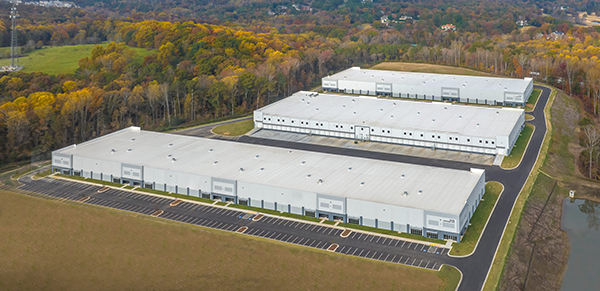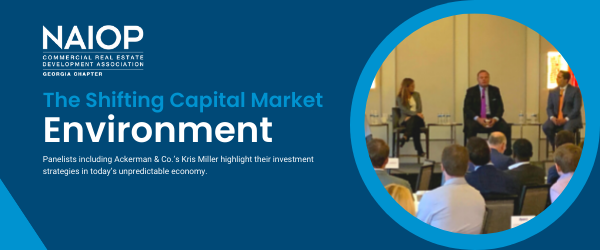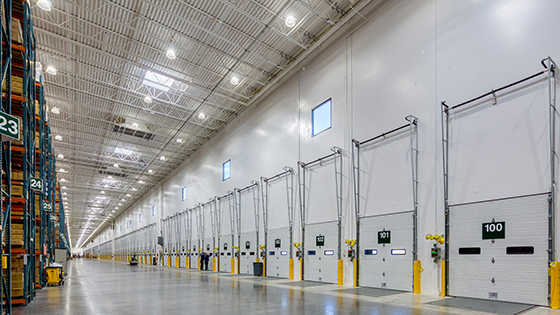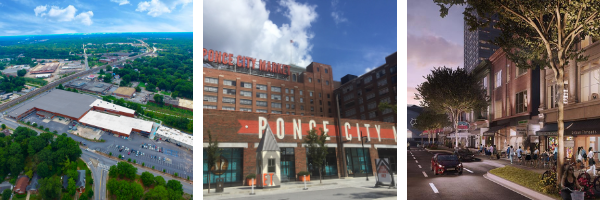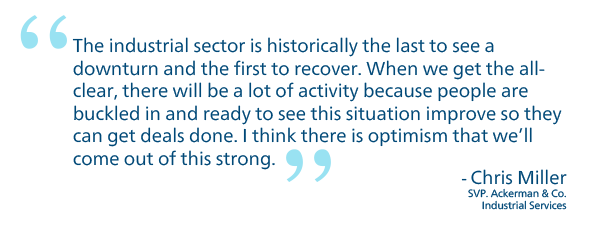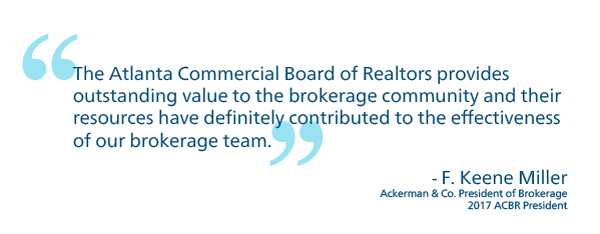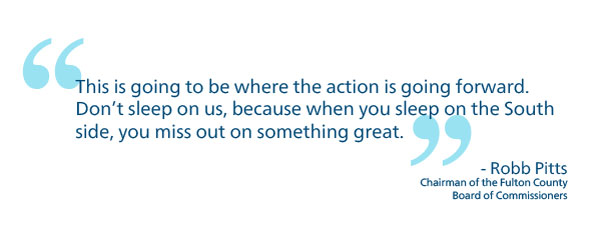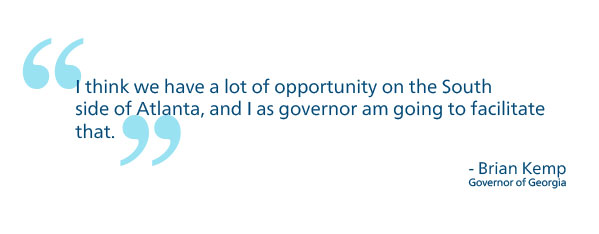Leasing holding up ‘remarkably well’ but market changes could curb unprecedented momentum.
An uncertain economy combined with an increase in project deliveries hasn’t done much to slow down the industrial sector. The Atlanta industrial market – the fifth largest market in the country with an inventory of 794 million SF – continues to chug along, with strong demand keeping vacancy levels at near-historic lows.
Despite a significant uptick in construction activity in metro Atlanta, the vacancy rate registered an impressively low 3.3% in November, according to CoStar, near the record low of 3.1% set in the Atlanta market in late 2021. The construction pipeline has been growing to meet rising demand, with 40,548,868 SF of industrial space under construction in the third quarter of 2022 compared to 30,487,470 SF at the same time last year.
E-commerce, 3PLs, cold storage, retail, biomedical, construction and automotive are among the industries boosting demand and contributing to low vacancy levels.
However, troubling economic signs – including two quarters of negative economic growth in 1Q and 2Q 2022 – and the increase in project deliveries are among the trends that could limit leasing velocity.
“U.S industrial leasing has held up remarkably well in recent months, even as rising inflation and interest rates have begun to wear on the broader economy,” CoStar reports in its 3Q 2022 National Industrial Report. However, the report added, “Risks that industrial leasing will moderate back down toward more normal levels in 2023 are accumulating. In addition, the report continues, “Leading indicators of economic growth… have been flashing warning signs since the Federal Reserve began raising interest rates in early 2022.”
Rising construction activity in the sector is likely to produce a slight increase in vacancies. “Barring a severe shock to the U.S. economy and industrial leasing, the volume of space under construction looks set to drive a modest increase in vacancy, but not to dramatically shift the market in tenants’ favor,” CoStar reports.
Ackerman & Co.’s current developments are leasing fast
Ackerman & Co. is among the developers of industrial space that heightened investment in new development in response to surging demand, and the firm anticipates continued steady demand for distribution space.
The firm’s current industrial projects include three distribution facilities at Braselton Crossroads in Atlanta’s I-85 North corridor totaling 460,000 SF, and a 168,000 SF distribution facility at Rockdale Technology Center in Atlanta’s I-20 East corridor.
Ackerman has also expanded into Texas, where it is developing Doerr Lane Logistics Center, a 307,000 SF Class A distribution center located in the fast-growing market between San Antonio and Austin.
“We have leased 260,000 SF before completion of the buildings at Braselton. Activity is very strong,” said Brett Buckner, Senior Vice President of Ackerman & Co.’s Industrial Services Group.
He and Chris Miller, Vice President of Industrial Leasing at Ackerman, have succeeded in pre-leasing all of 160,000 SF Building 200 at Braselton Crossroads and have pre-leased two spaces totaling 100,000 SF in 150,000 SF Building 300.
At Doerr Lane, Ackerman is in the process of negotiating leases that could soon fill up the 307,000 SF facility.
“We’re optimistic that demand will remain strong from a wide mix of users, particularly for Class A properties with high ceiling heights and strong Interstate access like the facilities Ackerman is currently developing,” Chris Miller said.
